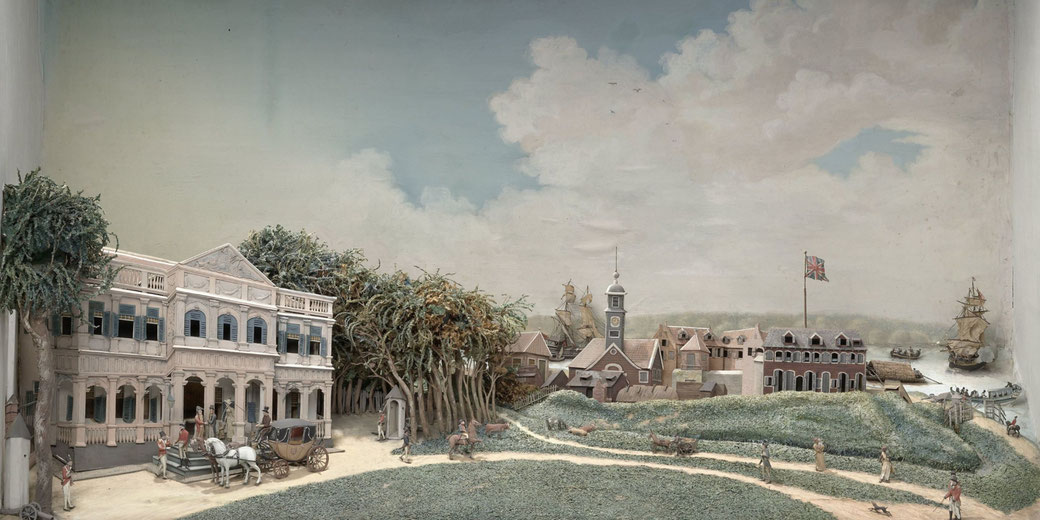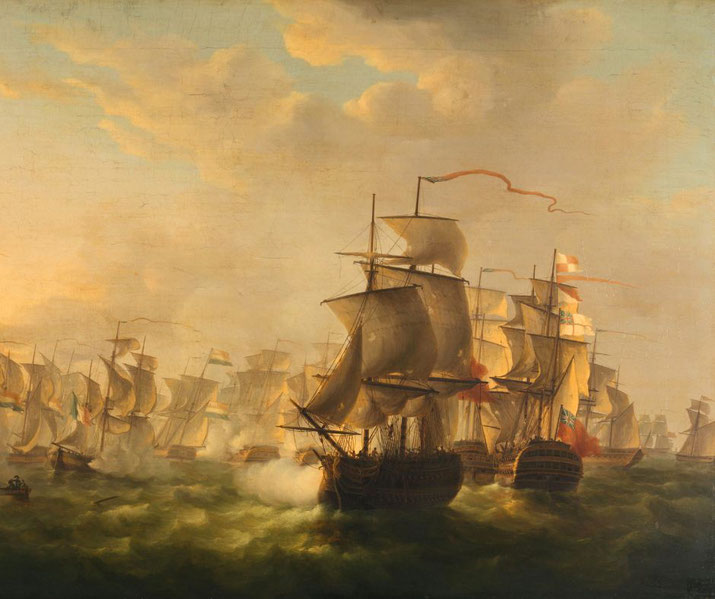What was British colonialism and imperialism?

British colonialism and imperialism have been some of the most powerful forces in world history. They shaped the formation of modern nations, affected global economics, and continue to influence international relationships.
This article will provide a detailed understanding of the motivations behind British colonial expansion and the impacts of imperialism on both the colonized and colonizing nations.
The difference between colonization and imperialism
Colonization is the process of one country taking ownership of another land for its own use.
Imperialism, on the other hand, involves the use of political, economic, and military power to extend a nation's authority by establishing control over other territories.
These concepts, often used interchangeably, carry some important distinctions.
Colonization generally refers to the physical occupation of a territory, whereas imperialism can also include economic domination.
The birth of the British Empire
The British Empire, one of the largest empires in world history, controlled a quarter of the world's population and a third of its land surface at its peak.
The effects of the imperial experience were profound, impacting both the colonized and the colonizers.
British colonialism, while marked by John Cabot's explorations in the late 15th century, began its sustained expansion in the late 16th and early 17th centuries.
Initial motivations revolved around wealth acquisition and prestige, but as the empire expanded, other factors came into play, such as the desire to spread Christianity or to secure strategic advantages over rival European powers.
In the colonies, indigenous peoples often faced displacement, exploitation, and discrimination.
In Britain, the imperial experience fostered a sense of national superiority and a belief in the right to rule over other peoples.

Motives
The British Empire sought wealth and power in its early explorations. Commodities and cash crops like tobacco, sugar, and spices held particular interest.
The sale of these goods in European markets turned significant profit, and the British also established control over strategic trade routes, such as those of the East India Company.
Imperialism contributed to economic development, with colonies providing raw materials and markets for British goods, thereby fueling the Industrial Revolution.
In addition to economic motivations, political and social factors drove British colonialism.
The quest for political power led to a series of wars between European nations competing for control over colonies.
In the 19th century, Social Darwinism played a significant role, with this ideology justifying Britain's right to rule over other peoples on the grounds of perceived racial superiority.
Slavery
Slavery was a significant aspect of British colonialism and imperialism. Initially, colonizers hoped to use local populations in their colonies as cheap labor, but issues like disease and constant warfare made this impractical.
Consequently, Britain turned to Africa as a source of slaves. Slaves were brought from Africa to work on plantations in the Americas and the Caribbean, and they were also used in other parts of the world, including India and Southeast Asia.
Between the 16th and 19th centuries, an estimated 12 million Africans were taken from their homes and sold into slavery.
While the slave trade was undoubtedly profitable, determining an exact figure is challenging due to the lack of precise economic data from that period.
The slave trade was abolished in Britain in 1807, but slavery itself continued to exist in British colonies until its complete abolition in 1833.
Industrial Revolution
The Industrial Revolution was fueled by the wealth and natural resources Britain derived from its colonies.
It marked a period of rapid economic growth and introduced transformative technologies like the steam engine and the spinning jenny.
As a result, Britain witnessed a dramatic increase in population and wealth.
Society was significantly transformed as people moved from rural areas to cities for factory work.
However, the Industrial Revolution also had negative effects. It led to a rise in child labor, deplorable working conditions, and extreme poverty.
Additionally, it contributed to environmental degradation and was one of the early drivers of climate change.

Major British colonies
The American colonies were among the most economically significant for the British Empire. They were wealthy and expanding, and provided valuable commodities, such as tobacco and cotton.
However the strict imperial controls led to growing discontent, which culminated in the American Revolution.
In Asia, India was the "jewel in the crown" of the British Empire. Britain gained control over the region through the East India Company before taking direct control in 1858 following the Indian Rebellion of 1857.
The exploitation of India's resources played a major role in Britain's industrialization.
American War of Independence
During the era of British colonialism, there was significant opposition from indigenous peoples and other European nations.
Indigenous peoples often resisted British attempts to colonize their lands.
In North America, Native American tribes fought against British settlers in a series of wars, known as the French and Indian War (1754-1763).
Britain's imposition of tough economic regulations and taxation without representation on the colonies, led to significant tension between the colonists and the British Government.
This culminated in the American Revolution (1775-1783) and resulted in the United States of America's independence from Britain.
The war was fought by the thirteen American colonies, which declared their independence in 1776.
After eight years of fighting, the colonists were victorious and the United States of America was born.
Colonial Wars
During the era of British colonialism, a number of wars were fought in order to expand and defend the empire.
In North America, the Seven Years' War (1756-1763) was fought between Britain and France for control over territory in what is now Canada.
The Napoleonic Wars (1803-1815) were a series of wars fought between Britain and France for control over Europe and colonial territory.
In India, the Anglo-Mysore Wars (1767-1799) were fought between Britain and the Kingdom of Mysore for control over southern India.
The First Afghan War (1839-1842) was fought by Britain against the Afghan Empire for control of Afghanistan.
Criticism of British colonialism and imperialism
British colonialism and imperialism have been criticized for their negative effects on indigenous peoples and on the development of colonized countries.
Critics argue that colonialism led to exploitation, racism, and underdevelopment in the colonies.
They also point to the negative impact of British cultural imperialism, which imposed Western values and ideas on colonized peoples.
The effects of British colonialism were far-reaching. In the colonized nations, it led to the displacement of indigenous peoples, the introduction of new technologies and religions, and changes in economic and political structures.
In the colonizing nation, it often resulted in the growth of a wealthy elite, while the majority of the population remained poor.
Legacies
The British Empire finally came to an end in the mid-20th century. In 1947, India was granted independence from Britain.
This was followed by a number of other colonies, including Pakistan, Sri Lanka, Ghana, and Kenya.
The Empire was dismantled and the process of decolonization began.
The legacy of British colonialism and imperialism is still evident today. In many parts of the world, British colonial boundaries were used to create modern nation-states.
This has led to conflict in some regions, as different groups compete for control over territory.
The legacy of British imperialism can also be seen in the language, culture, and institutions of many former colonies.
Even after the decline of the British Empire, its impact on the world is still felt today.
What do you need help with?
Download ready-to-use digital learning resources
Copyright © History Skills 2014-2025.
Contact via email
With the exception of links to external sites, some historical sources and extracts from specific publications, all content on this website is copyrighted by History Skills. This content may not be copied, republished or redistributed without written permission from the website creator. Please use the Contact page to obtain relevant permission.





